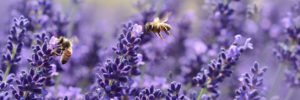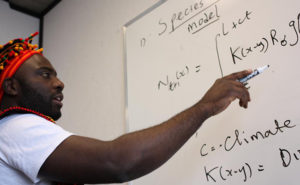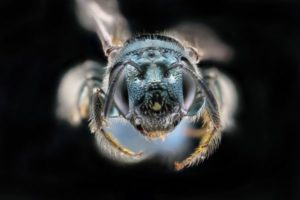Where did western honey bees come from? New research finds the sweet spot

Where did western honey bees come from? New research finds the sweet spot
For decades, scientists have hotly debated the origin of the western honey bee. Now, new research led by York University discovered these popular honey-producing bees most likely originated in Asia. From there, the western honey bee (Apis mellifera) expanded independently into Africa and Europe creating seven separate geographically and genetically distinct evolutionary lineages traceable back to Western Asia. […]









